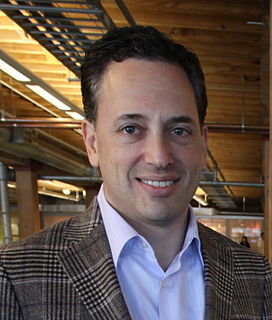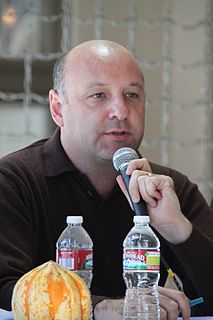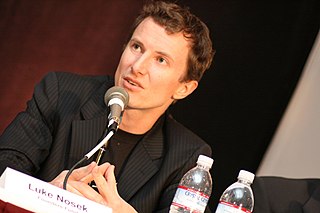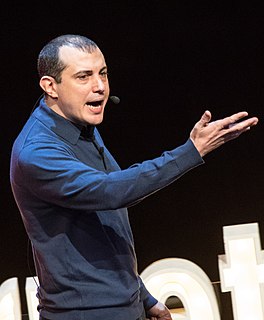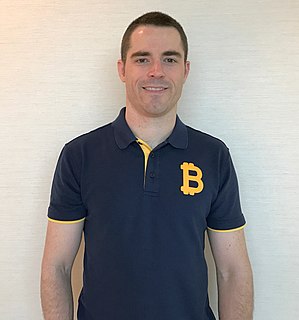A Quote by David O. Sacks
After PayPal, I never thought I would get interested in payments again. But bitcoin is fulfilling PayPal's original vision to create 'the new world currency.'
Related Quotes
Nowadays people talk about PayPal's founders as prescient geniuses who would inevitably change the world. It was, however, not so obvious that PayPal would taste its first major success by helping people sell Beanie Babies on eBay. But they had a vision, a hope, and the perseverance to try multiple iterations until they got it right.
